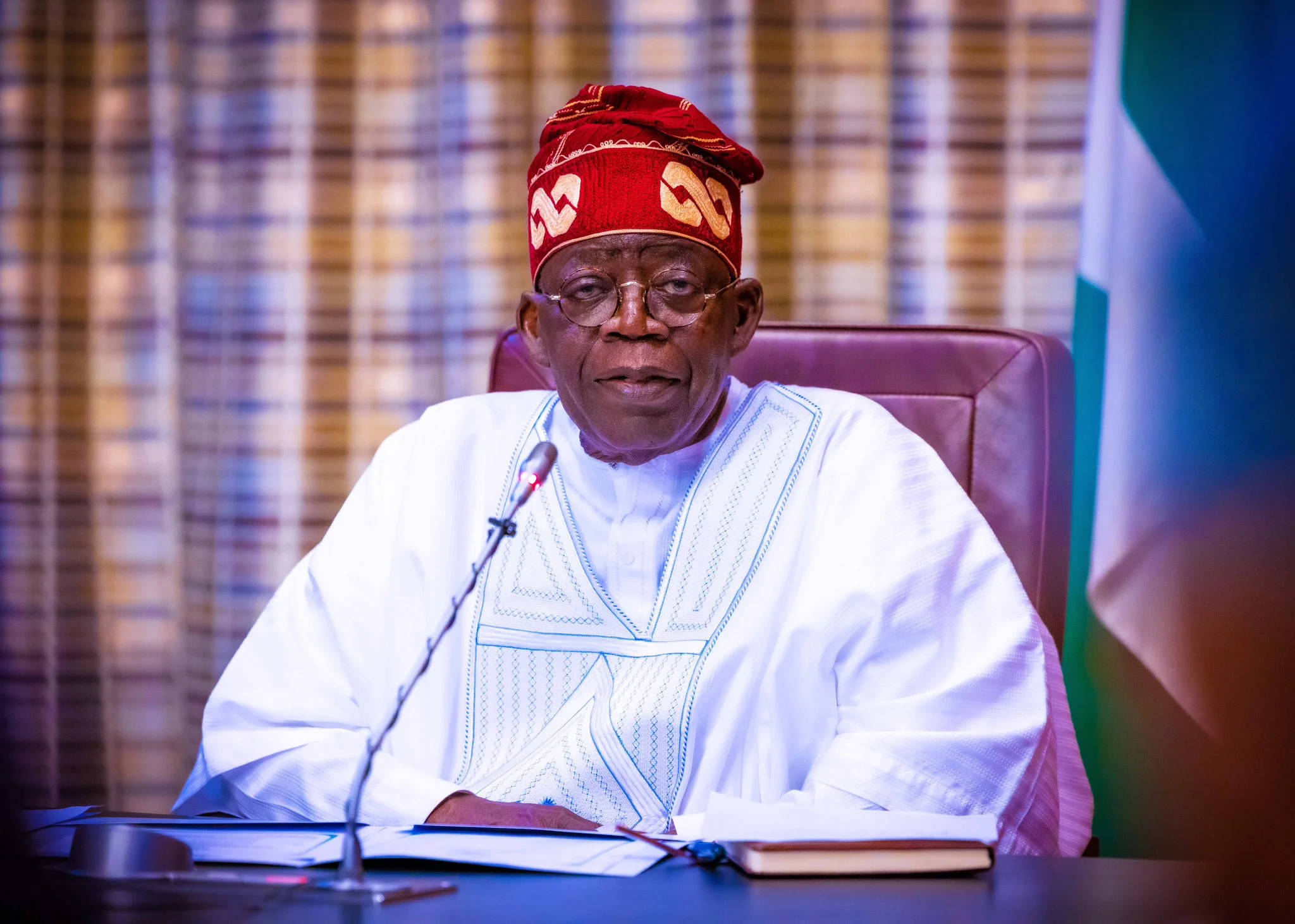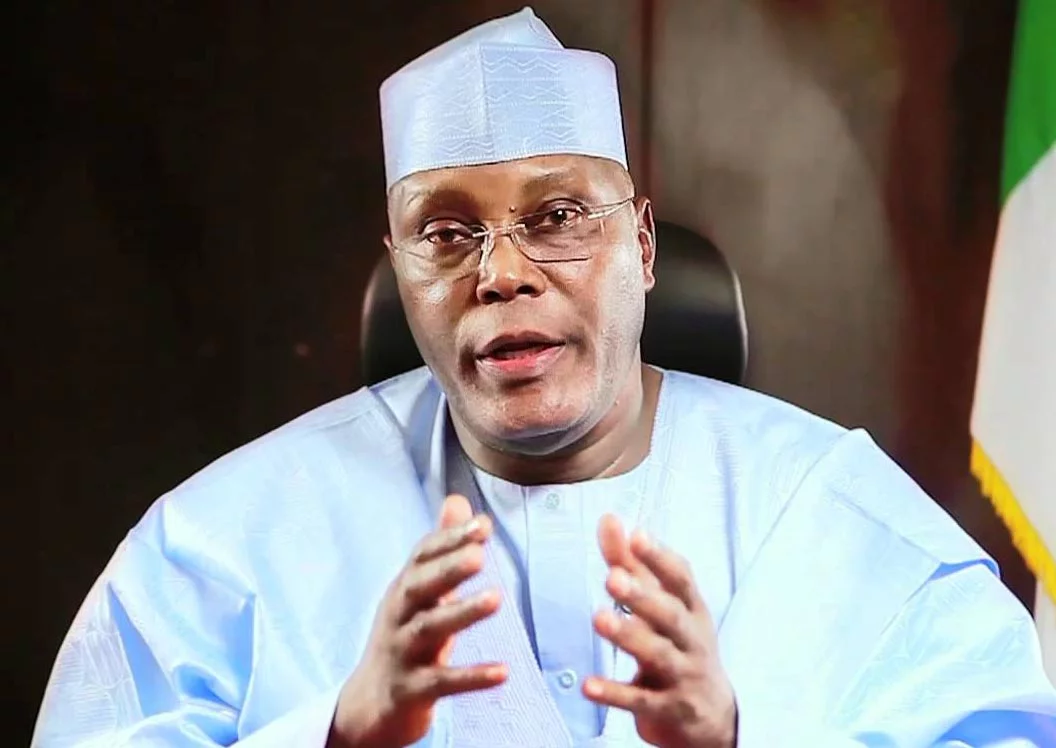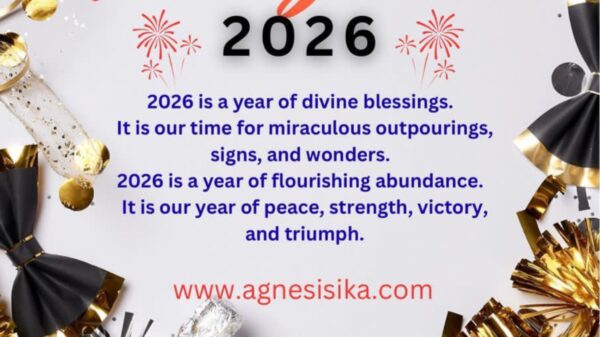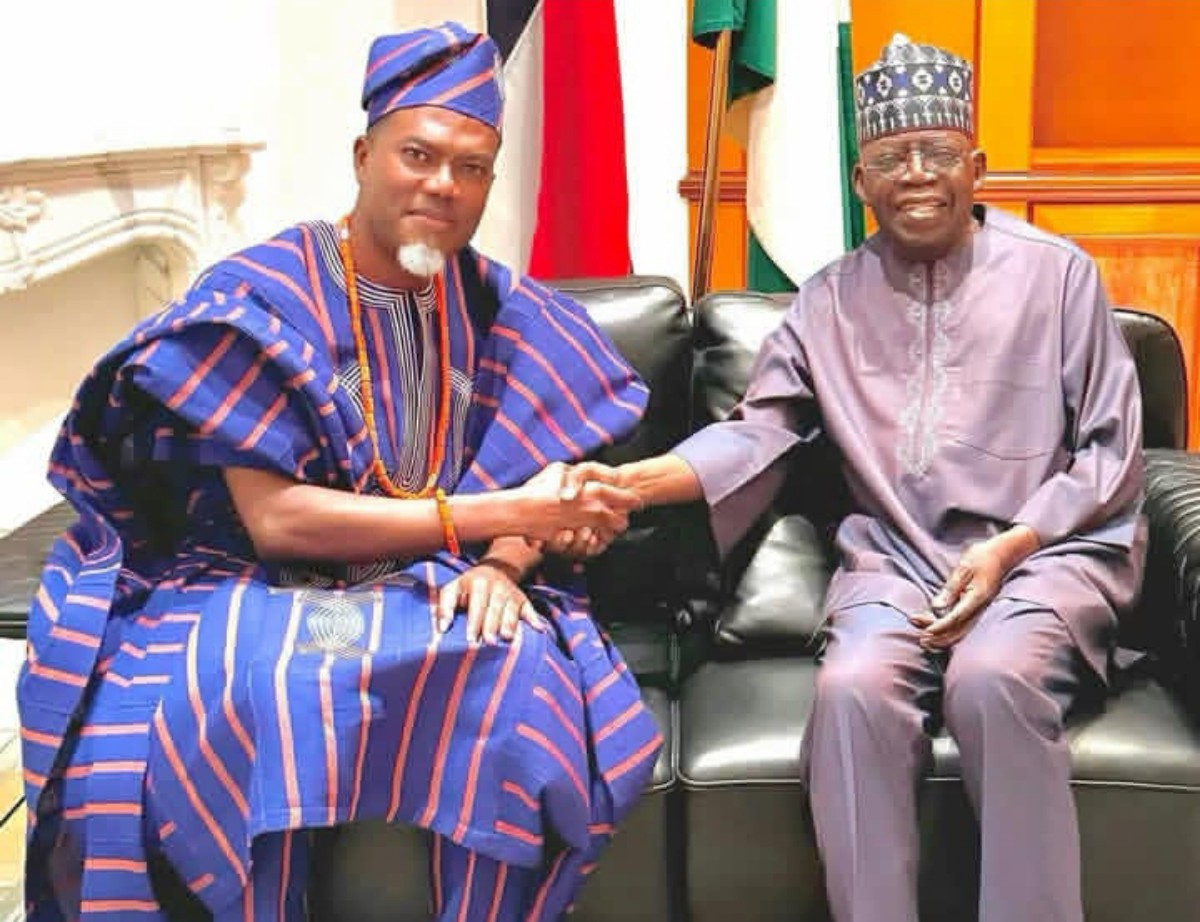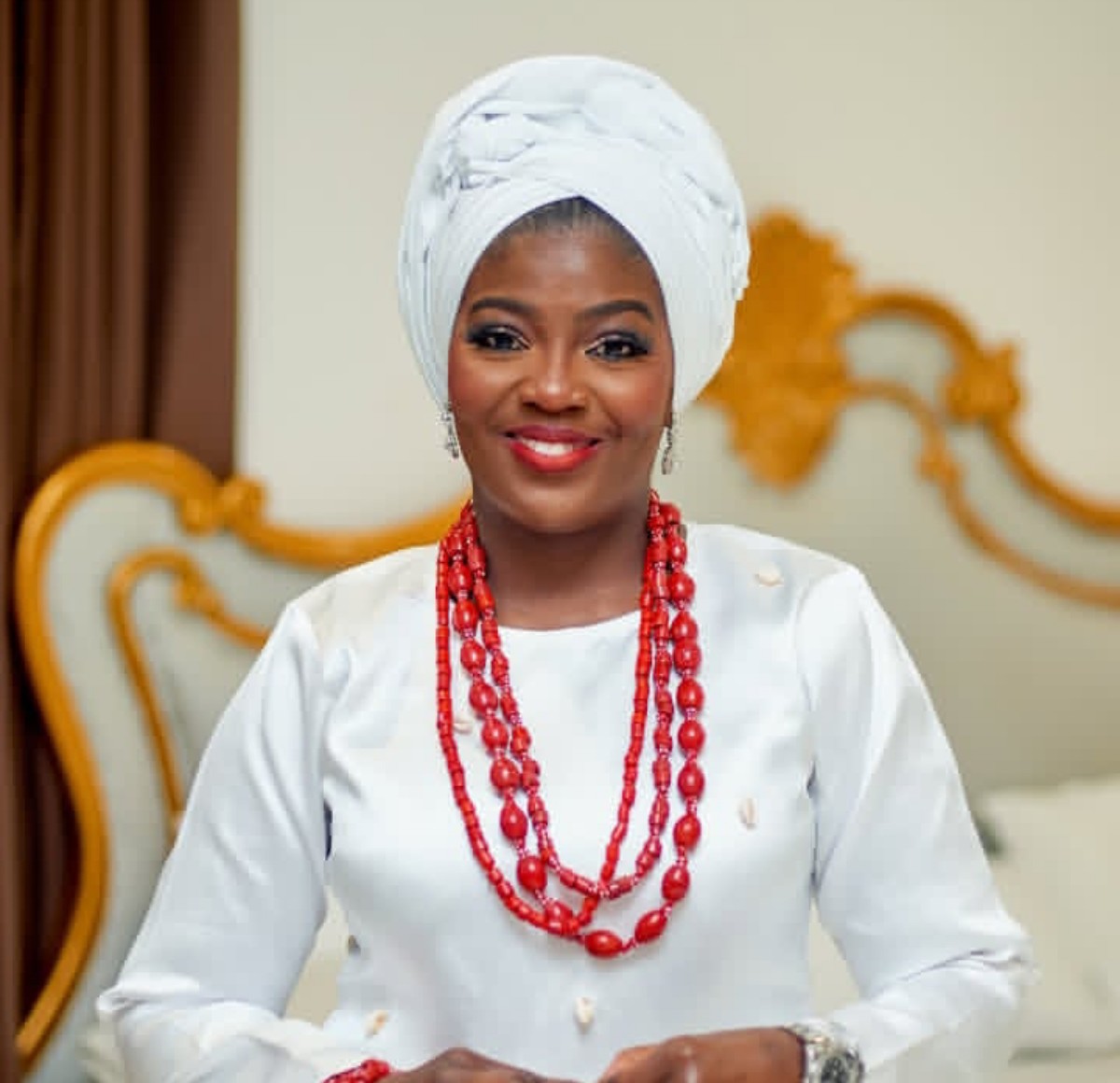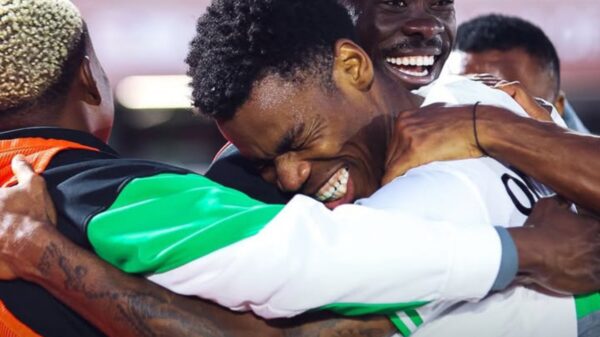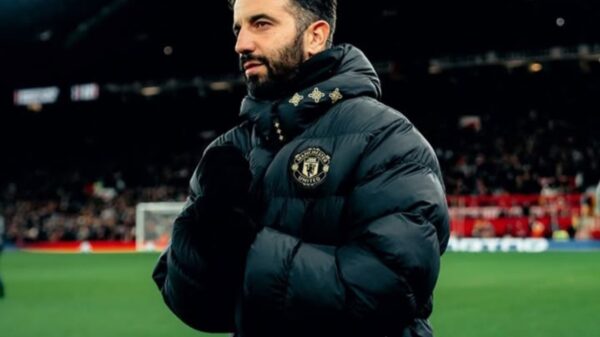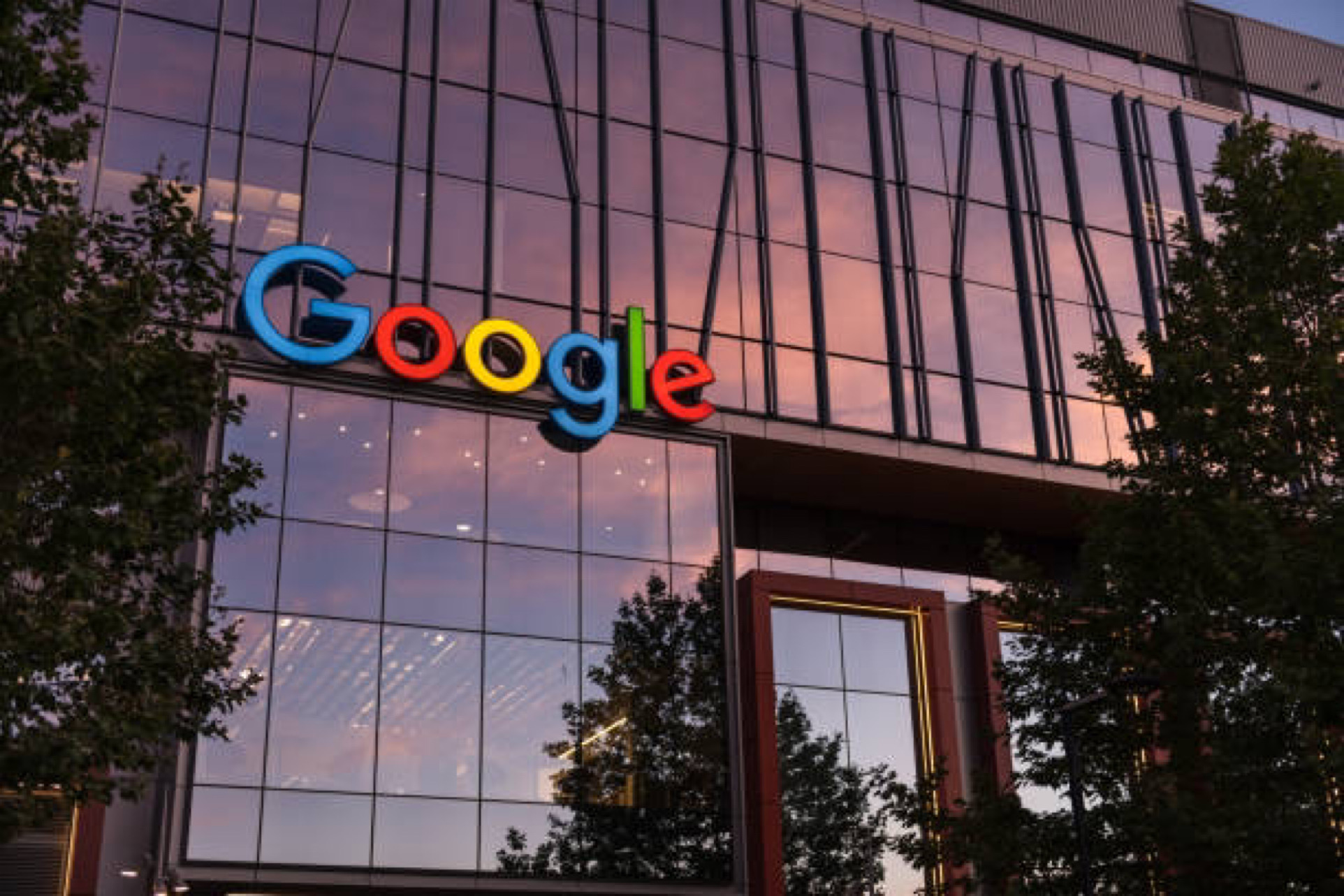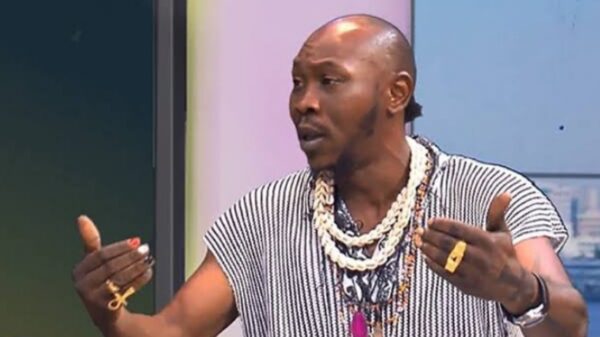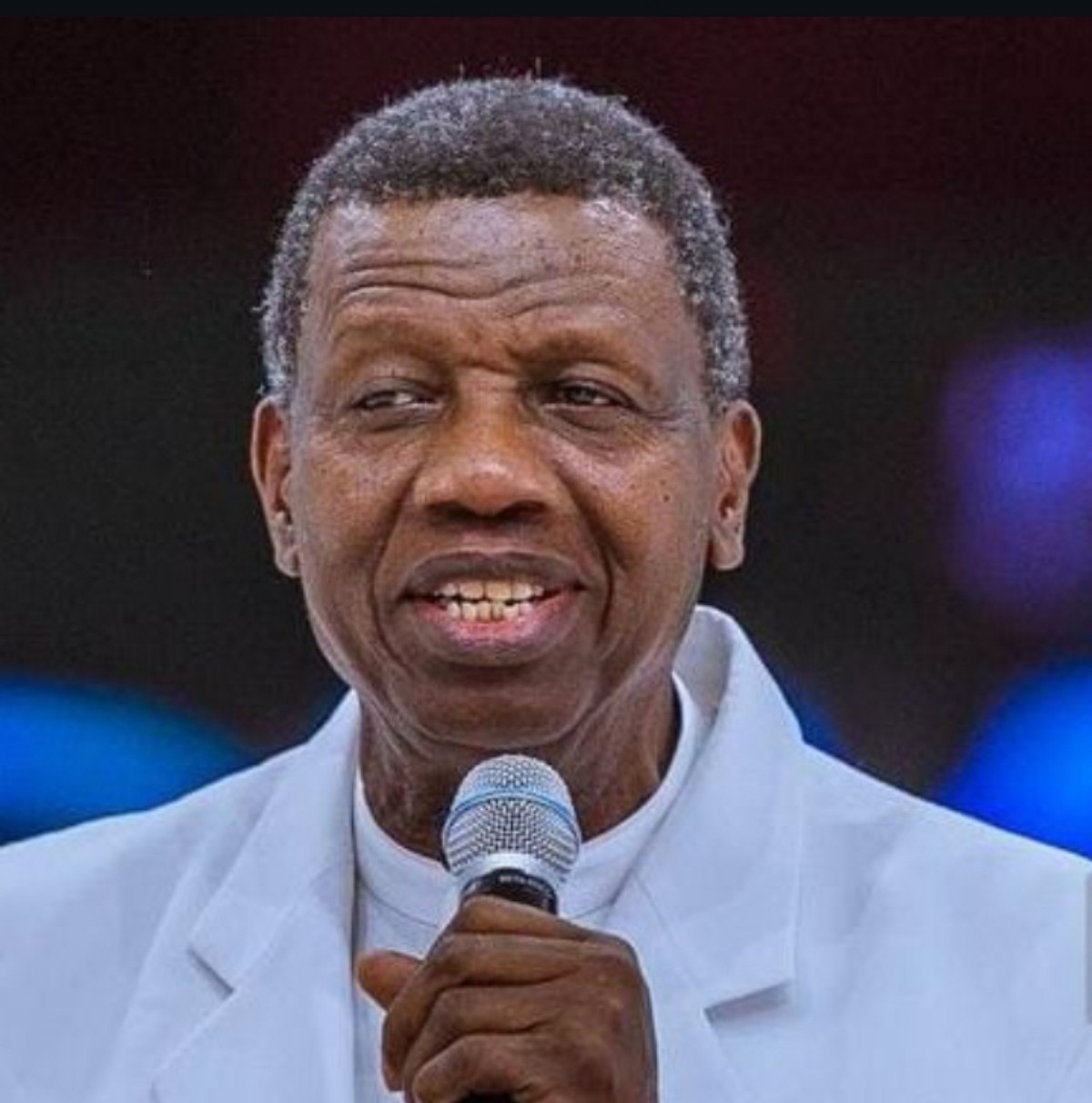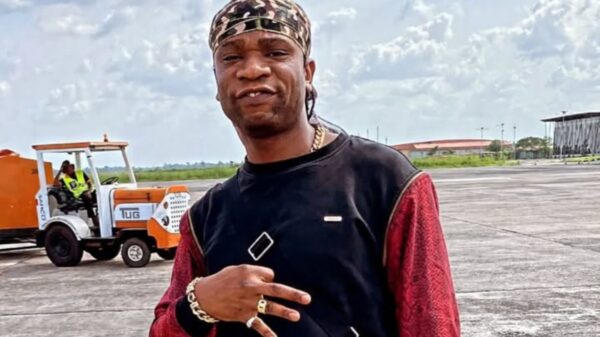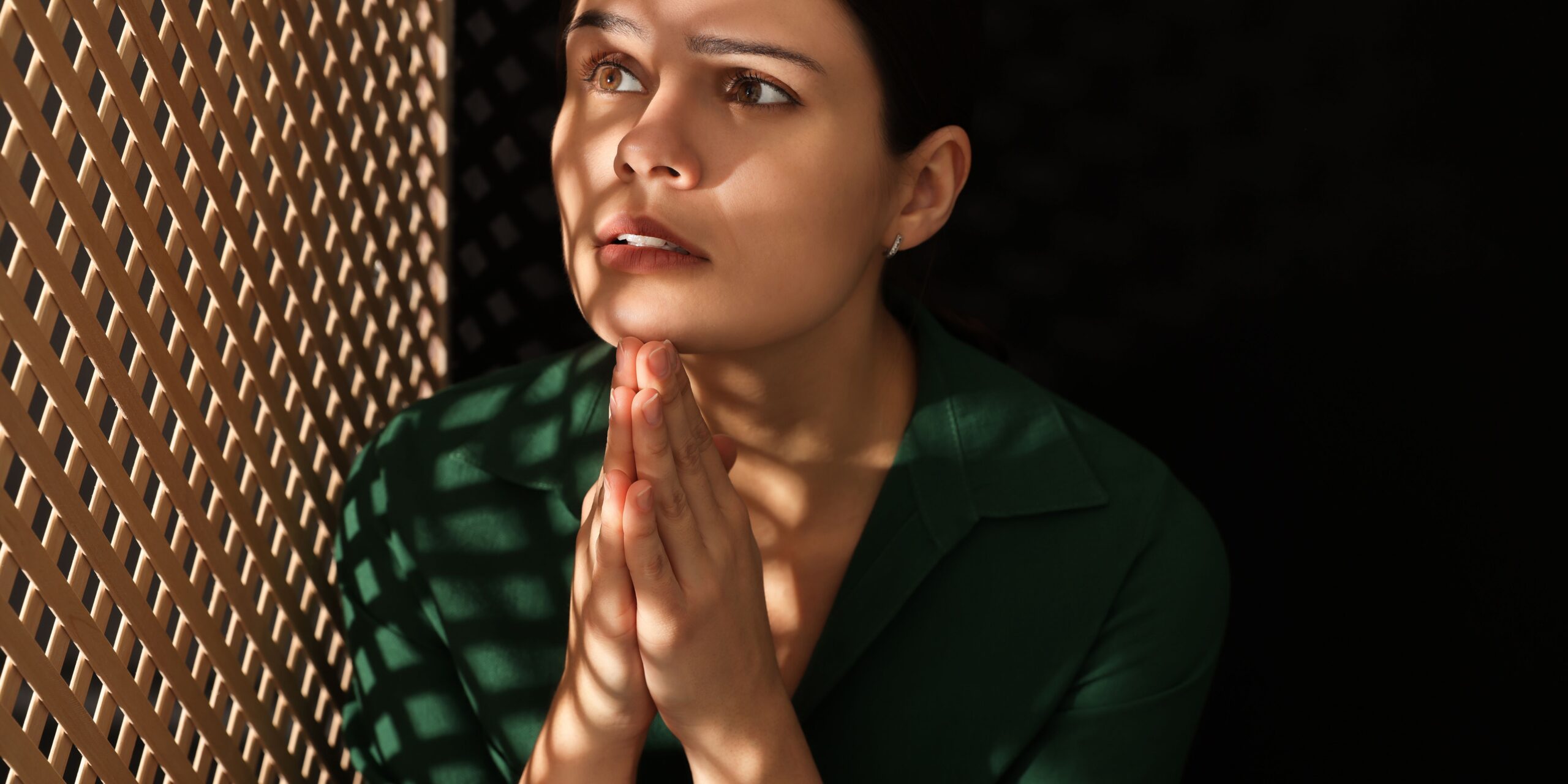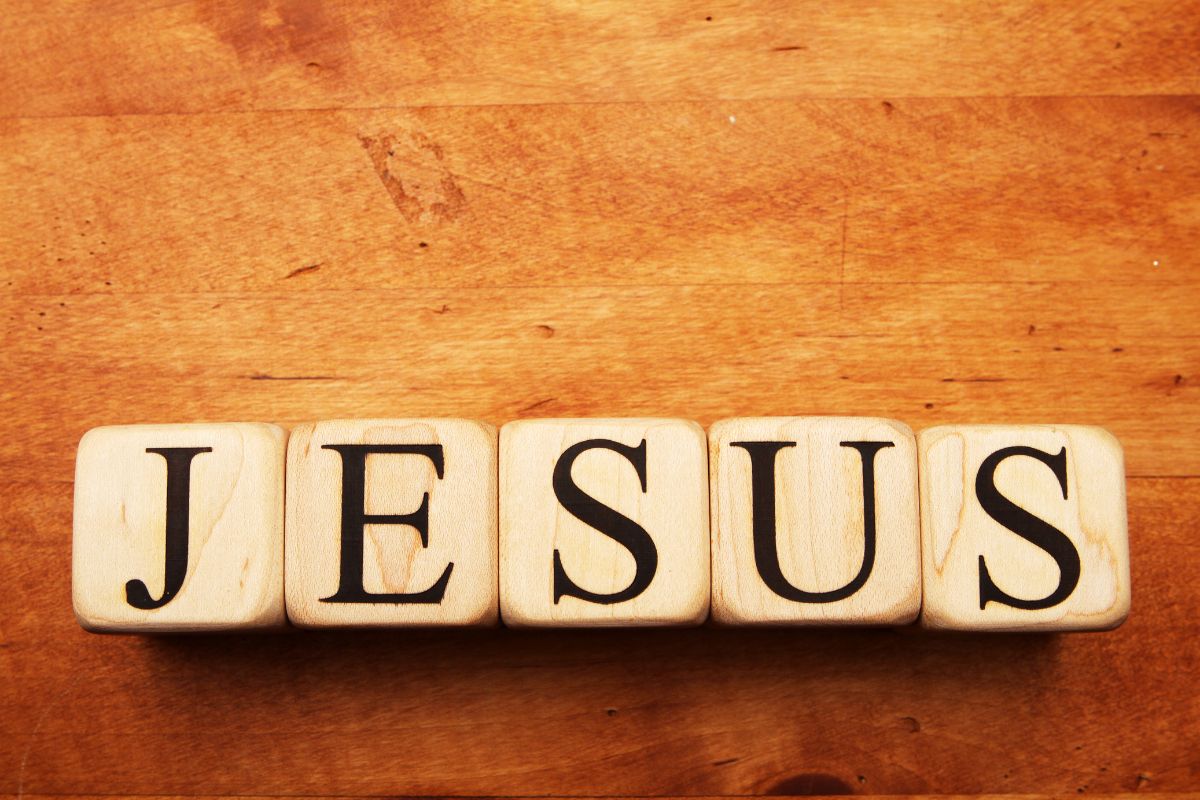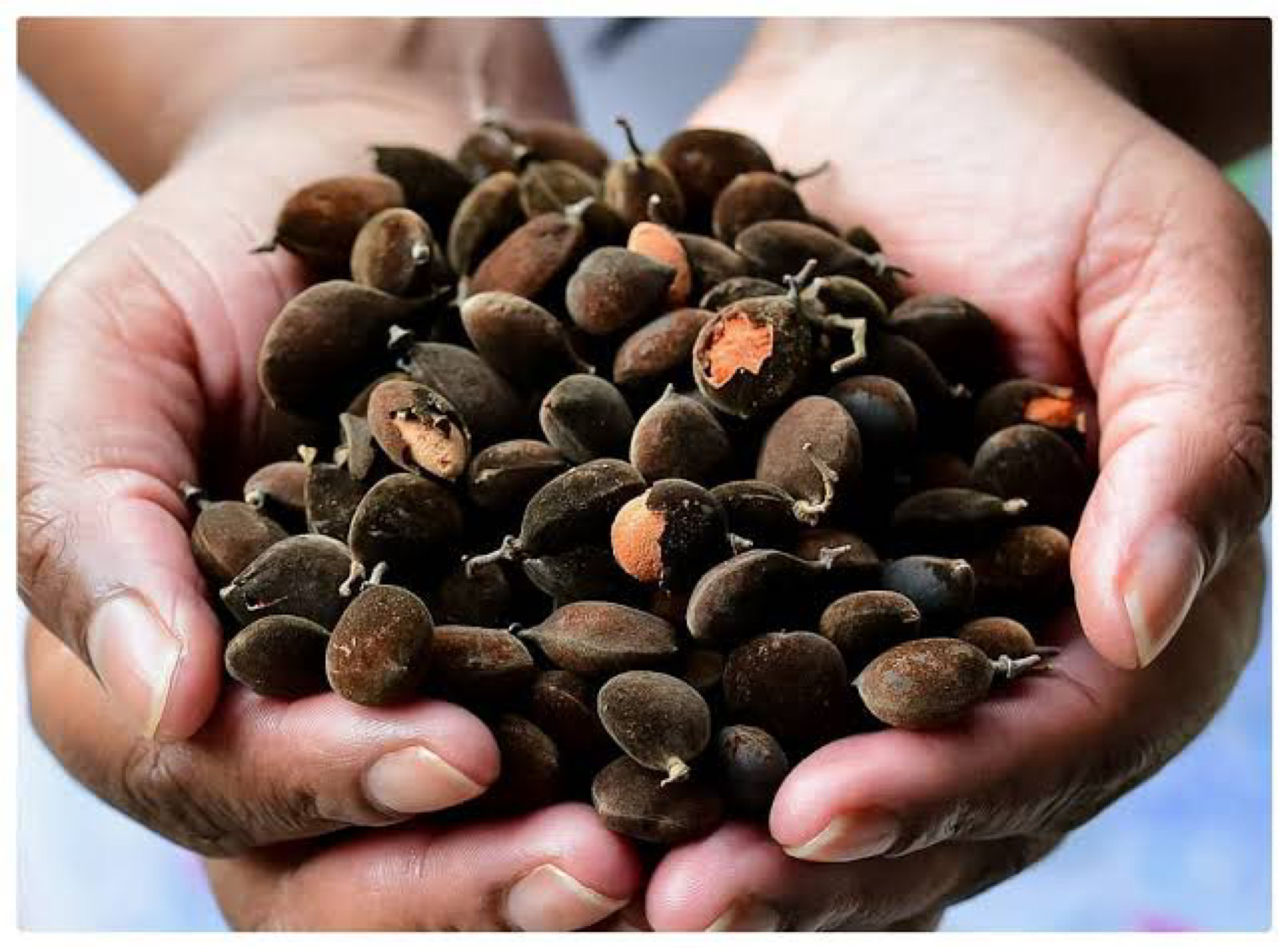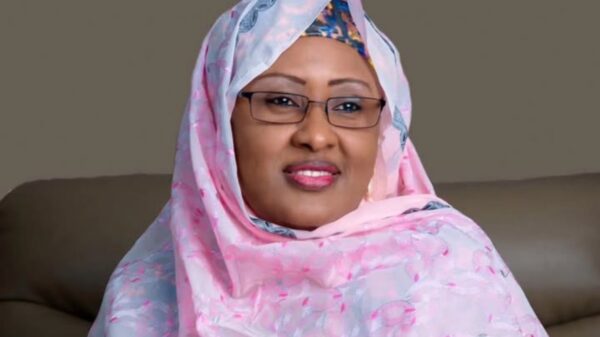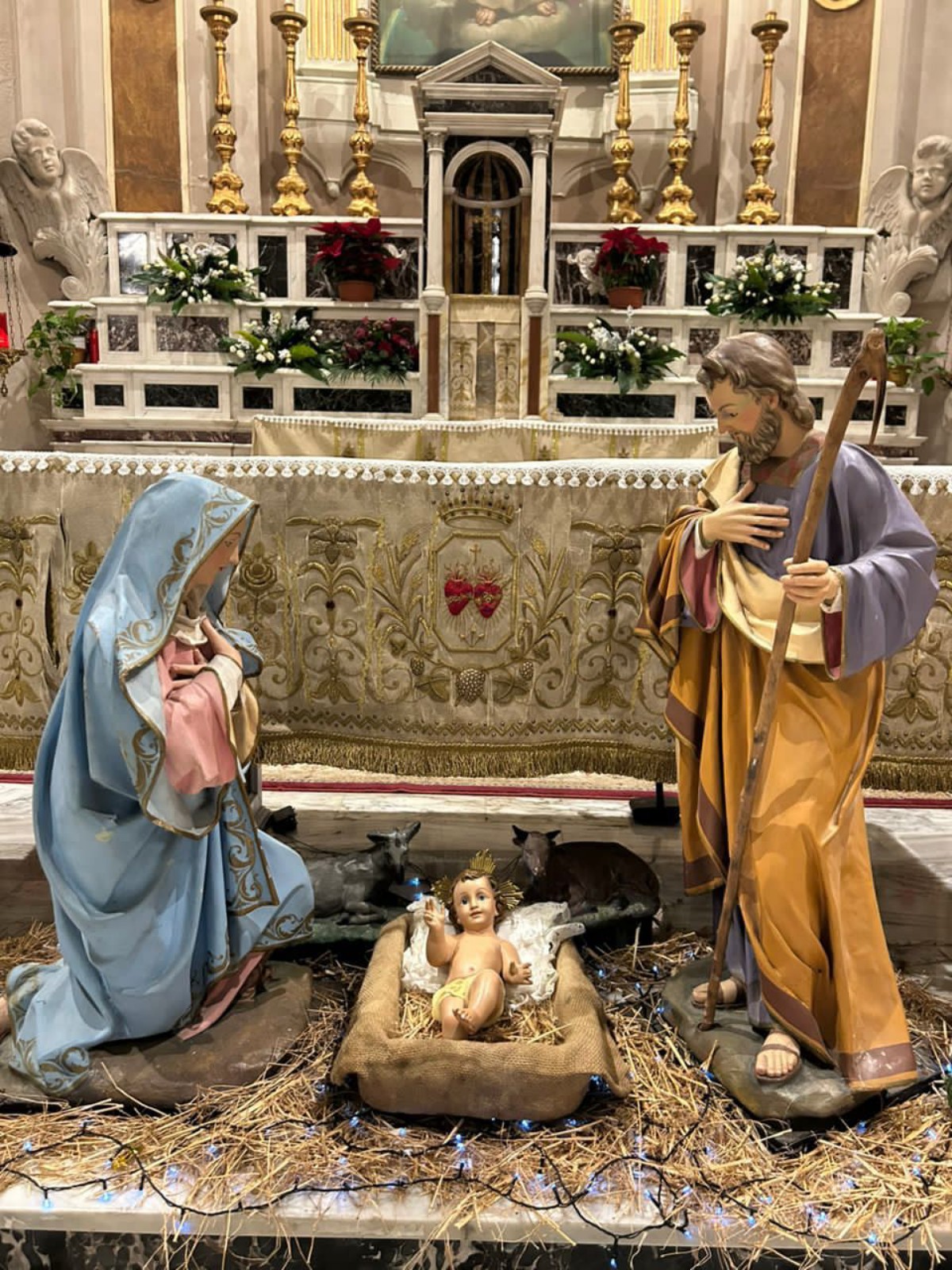Isaiah 52:7-10
Psalm 97(98):1-6
Hebrews 1:1-6
John 1:1-18
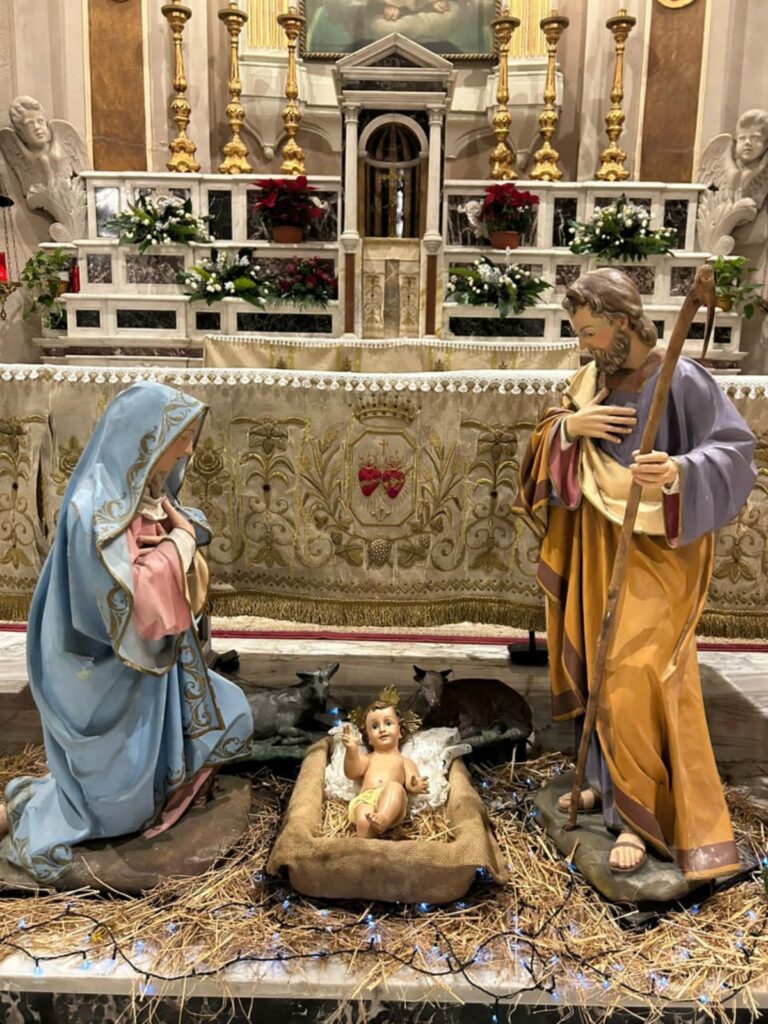
I wish you all a joyous and blessed Christmas! Today marks a significant occasion as we commence our solemn and joyful observances of the Nativity of Our Lord Jesus Christ.
This celebration is meant to last for the next twelve days, culminating in the feast of the Epiphany, which commemorates the arrival of the Magi. Among all birthdays we could commemorate, today’s celebration of the King of kings holds unparalleled significance.
In contemplating the account provided by Saint John regarding the Incarnation, we encounter challenging theological questions. Specifically, does the birth of Christ in Bethlehem imply a temporary absence in the heavenly realm? Did the Son relinquish His position with the Father to assume human form?
Addressing this question naturally leads us into profound theological discussions centered around the mystery of the Blessed Trinity—the coexistence of the three Divine Persons within the one Godhead. While an exhaustive exploration is beyond the scope of our Christmas reflections, there are essential insights that may enrich our meditations during this sacred season.
To address the complexity of Christ’s birth, consider this: from all eternity, prior to any creation, God the Almighty Father has been eternally begetting His Son. There has never been a moment when the life of the Son of God did not emanate from the love and life of the Father.
The Son is eternal, existing alongside the Father and the Holy Spirit long before the inception of this universe or any others. Within the timeless existence preceding creation, God the Son was already present. This perspective may aid us in grasping a deeper understanding of the mystery and beauty of Christmas. The Son, born of the Blessed Virgin Mary in human form, is the One who has eternally dwelt in the heart of the Father.
The Incarnation represents the entry of the eternal Word into our temporal and historical context, embodying the self-expression and self-understanding of the Father. In Christ, the divine wisdom of the Godhead encompasses human flesh and resides among us.
This context elucidates why Mary plays a pivotal role in our Christmas celebration. She acts as the portal through which the Word of God enters the world, a unique privilege bestowed upon her by God that positions her centrally within this narrative.
Through Mary, divine Wisdom incarnates, bringing the transcendent God down to our human level, enabling us, like her, to engage with, embrace, and love Him. Her role in our relationship with God remains singular, central, and necessary.
In the context of this Holy Mass, and indeed in every Mass, the Son of God—eternally begotten of the Father and born in time of His Virgin Mother—is presented to us as a profound gift. A child is born for us; a Son is given to us.
The Word dwells among us and ‘tabernacles’ within us. We become living vessels of His royal presence, privileged to carry Him within. On this sacred day, we are not mere spectators of the newborn King. Instead, He beckons us to approach Him, drawing us nearer into His embrace.
Like Mary, the humble and exalted Virgin of Nazareth, let us welcome the living Word of God into our very souls. In receiving Him this Christmas Day, may we each experience the unique joy and hope that He, the King of kings, offers to all.
Merry Christmas once again
Fr Joseph Osho

